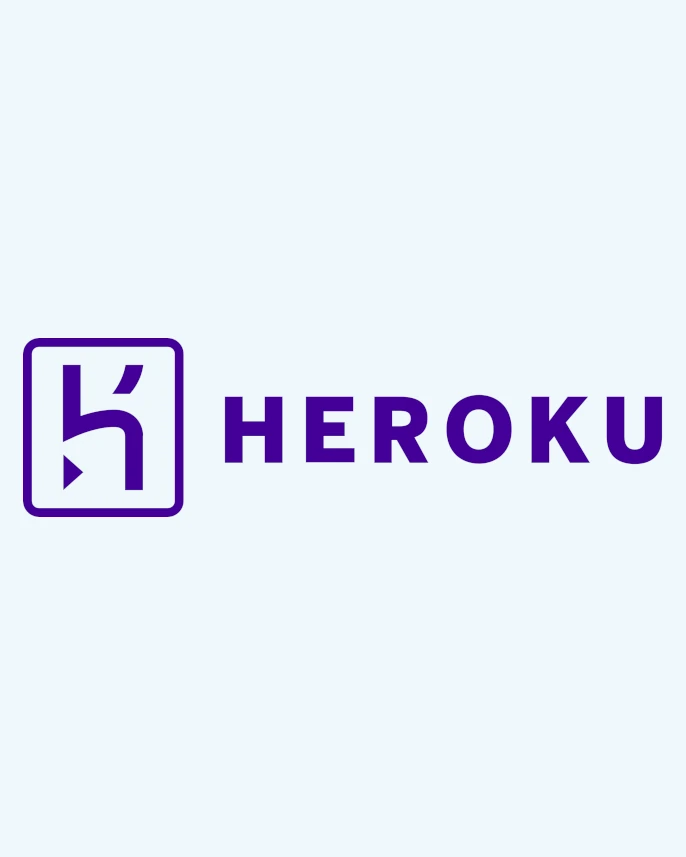Heroku is a cloud-based Platform-as-a-Service (PaaS) that simplifies the process of deploying, managing, and scaling web applications. By abstracting away the complexities of infrastructure management, the platform allows developers to focus more on writing code and less on dealing with servers, deployment, ongoing operations, or scaling. This article explores the key features and benefits of Heroku, illustrating how this platform can streamline application deployment and drive innovation.
Heroku: A Developer’s Paradise
Abstracted Infrastructure
One of the key strengths of this platform is its abstracted infrastructure. Heroku manages the hardware and servers, freeing developers from the often time-consuming tasks of system administration. This level of abstraction allows developers to concentrate on coding and innovating, ultimately speeding up the application development process.
Seamless Deployment
It simplifies application deployment, offering a seamless process that integrates well with established developer tools. The platform directly supports many programming languages, including Ruby, Java, PHP, Python, Node, Go, Scala, and Clojure, and it can be extended to support other languages.
Scalability and Performance
Scalability is built into the heart of Heroku. The platform offers easy scaling options that allow applications to adapt to increased traffic and demand. Heroku’s Dynos, lightweight Linux containers that run applications, can be easily adjusted to scale applications up or down based on needs, ensuring optimal performance.
Heroku Add-Ons
Heroku Add-Ons are third-party cloud services that provide additional features such as data storage, monitoring, analytics, data processing, and more. These add-ons can be easily integrated into applications, expanding their functionality and reducing the need for custom code.
Data Services
Heroku provides robust data services, including Heroku Postgres for relational database service, Heroku Redis for in-memory data structure service, and Apache Kafka on Heroku for managing event-driven applications and data pipelines.
Developer Experience and Workflow
It provides a developer-friendly environment that supports continuous integration and delivery, making it ideal for agile development practices. The platform integrates with popular developer tools and workflows, supporting both Git-based and Docker-based deployments.
The Benefits of Using Heroku
Enhanced Developer Productivity
By abstracting infrastructure management, the platform enables developers to focus on their core task: writing great code. This can lead to increased productivity, quicker time-to-market, and more time for innovation.
Simplified Operations
With this platform handling infrastructure management, businesses can simplify their operations. Heroku’s managed services and automated systems take care of application deployment, server management, scaling, and more, reducing the operational burden on businesses.
Scalability and Flexibility
Heroku’s easy scalability options and flexible platform allow businesses to adjust their applications to meet demand. Whether it’s handling a spike in traffic or growing with your business, Heroku provides the flexibility to adapt.
Extensibility
With Heroku Add-Ons, businesses can extend the functionality of their applications without writing additional code. This allows businesses to add new features and services quickly, enabling them to adapt to changing business needs.
Conclusion: Embracing the Power of Heroku
In the fast-paced world of application development, Heroku stands out as a platform that can streamline the deployment process. Moreover, it can enhance developer productivity, and simplify operations. By adopting it as your application deployment platform, you can enjoy the flexibility and scalability it offers, enabling your applications to grow and adapt with your business needs.
Moreover, the extensibility of the platform, made possible through Heroku Add-Ons, allows you to incorporate additional functionality seamlessly, making it an adaptable solution that evolves with your business. Whether you’re a startup seeking to launch your first web application or an established enterprise looking to optimize your application deployment processes, Heroku provides a powerful, comprehensive, and user-friendly platform.
By embracing the power of Heroku, businesses can free their developers from the complexities of infrastructure management,. Moreover, it is allowing them to focus on what they do best: coding and innovating. This not only results in a more efficient and productive development process but also in high-quality applications that deliver value to users and drive business success.
In the final analysis, Heroku is more than just a Platform-as-a-Service. It is a developer-friendly environment that promotes innovation, streamlines application deployment, and fosters business growth. Adopting this platform is an investment in a smoother, more efficient application development process, and ultimately, in the future of your business.
Find out more about platforms at DFID.com
